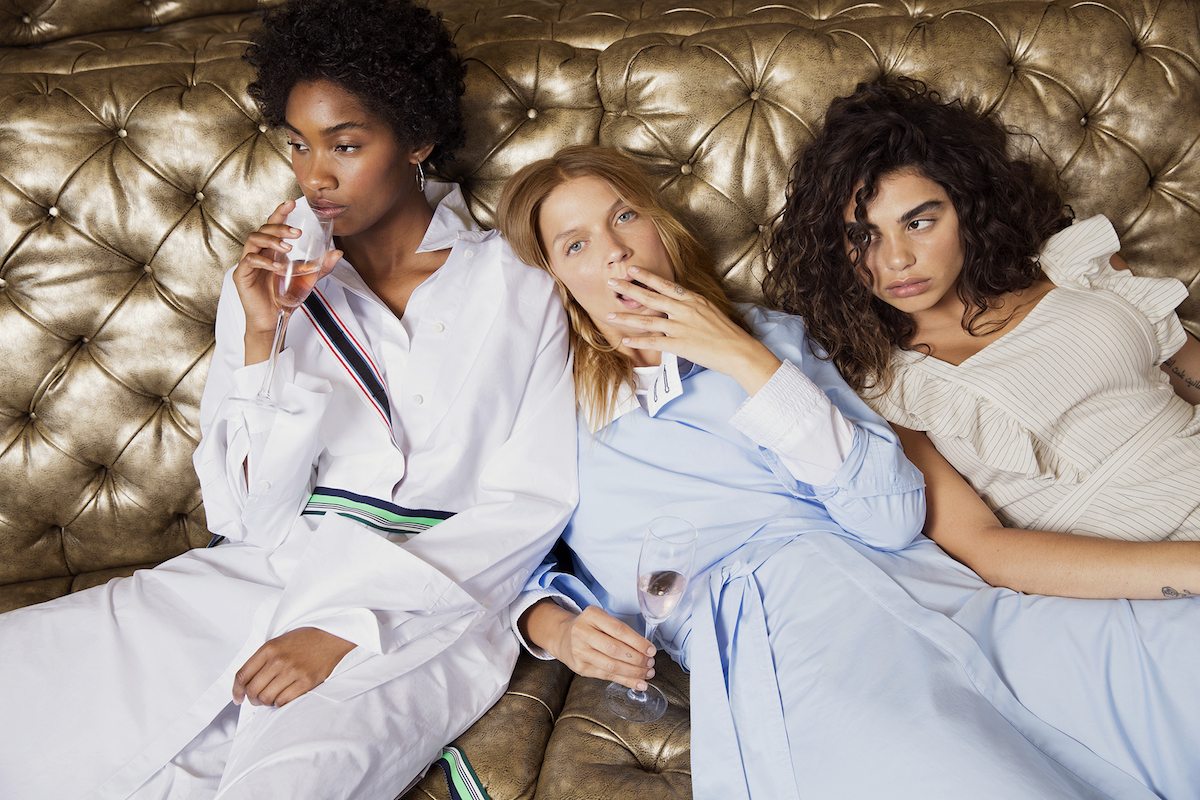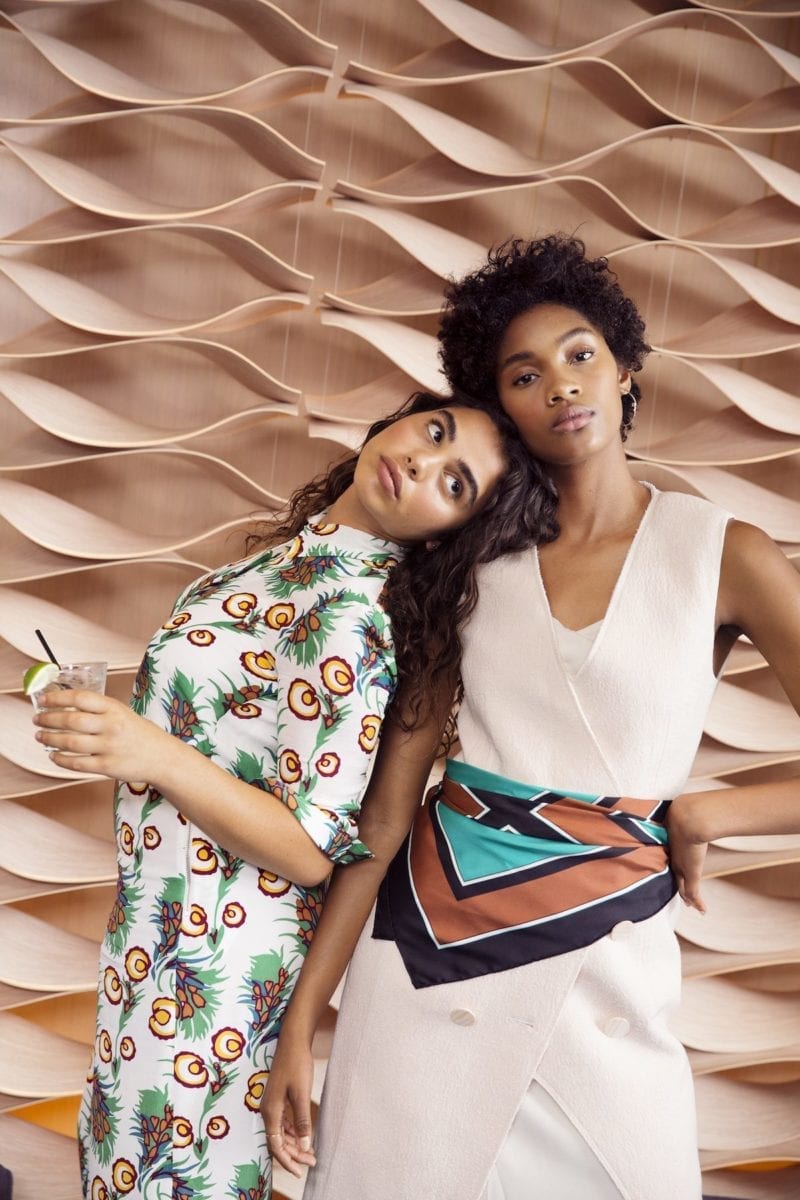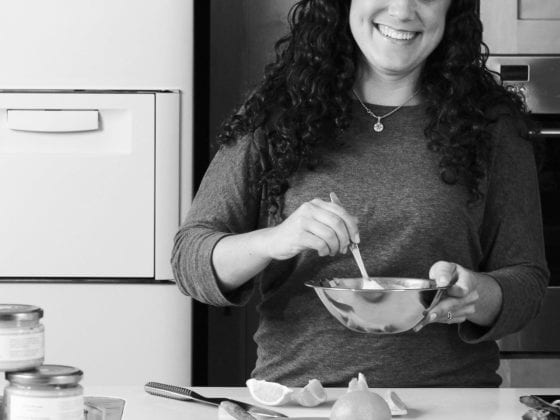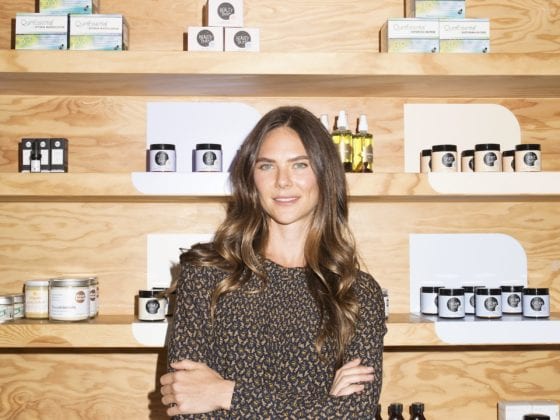We’re in a new era of business. Freelance hours are edging up to nine-to-fives and many are ditching the cubicle for co-working spaces and mobile offices. With the switch, our personal and professional lives are intersecting more than ever before. “Happy Hour” isn’t just a place to unwind, but also becoming a place to network, maybe find the next job.
Likewise, dinners, events and conferences abound — which can make it tricky to know how to balance a personal preference like alcohol when it’s increasingly intertwined with a professional setting. We addressed this back in Darling Issue 20, and felt it was a good refresher for right now. We hope you agree.
The Drowsy Lunch
by Emily Hibard
In 1949, my grandfather returned from WWII and started a manufacturing company in Los Angeles. Like many from that generation, he went to work, while my grandmother tended to the house and looked after the children. In the 1990s, my grandfather passed our family business down to my father and, like many other baby boomers, Dad went to work, while Mom tended to the house and looked after my sisters and me.
“You are just as pretty, smart and capable as everybody else,” Dad ingrained in us from a very early age.
He frequently went in to work on the weekends, so we did too. We would play in the warehouse while he fixed broken machines, invented something or took care of anything else that needed to be done before Monday morning.
A natural teacher, Dad has always enjoyed explaining things. We may have only been learning addition and subtraction in elementary school, but on the weekends, we learned about welding, mechanics, motor oil, drill bits, machining, logistics and business.
When he was fixing something, it was not uncommon for him to call the three of us over and explain, in great detail what part had worn out, how he had diagnosed the problem and what he was planning to do going forward. He never did realize that we might have been too young for his lessons. The school years passed, and we each seemed to acquire a general understanding of how our family’s business operated.

One by one, we left for college, and one by one, years later, we returned. A little more educated, a little more confident, we were excited to apply all that we had learned. When we didn’t know how to do something, and Dad didn’t have a solution, he would grin mischievously while smoking his Marlboro Red cigarette and remind us that we had college degrees. To him, having an undergraduate degree, in any subject, from any university, “proved” that we were plenty smart enough to figure anything out.
During my mid-20s, many of my friends married and started having children. Our social activities morphed from last-minute road trips to Las Vegas to scheduled visits on specific days. If I wanted to catch up with a friend, I had to do so while one of us was pushing her precious cargo in a stroller or while said precious cargo was napping.
Changing diapers, wiping noses and organic snacks were the new black. I found myself at baby yoga, at random play dates in the park and taking my shoes off so I, too, could participate in Saturday morning toddler gymnastics classes. I totally adapted to my environment.
But, to what extent should we fully adapt to our environments?
Women working in the manufacturing industry are scarce, so in my job at the family business, I primarily worked with men. Men sold the machines and parts we needed. Men serviced our fleet of delivery trucks. Men sold the raw materials we needed. Men delivered the propane our forklifts used. Men collected our trash. Men worked the tradeshow booths. Men liked to have a few drinks at the end of a long day.
Working with men and drinking alcohol at meetings, or after a long day, came as natural to me as baby yoga and playdates in the park. Businessmen drank, and mothers looked after their children. When I was working with men, I drank. When I was spending time with mothers and children, I played. Isn’t that just how it goes?

I never really thought twice about working and drinking until I wondered if I was an alcoholic. My Irish grandfather, a Wisconsin native, drank until the day he died. My Dad is coming up on 40 years as a sober alcoholic – and yet, there I was, throwing them back because that’s just how business is done. Right?
I spent some time in Oxford, England, and found myself drinking everything from Guinness to pale ales at the local watering hole about two to three times per day. Ironically, I despised the taste of beer (I still do), but still, I was there, with everyone else, drinking. The chilled feel of the pint-sized glass in my hand became familiar. The taste was consistent and dependable, and, after a few pints, I forgot I even hated it.
Is it even right that alcohol is such a staple in business culture?
Honestly, I think we know the answer: no. It isn’t right that in order to work in the upper echelons of most spheres, you have to deny your right to be sober. Achieving success almost needs to come with a warning. Alcohol can be addictive, and the modern businesswoman should consider setting limits and boundaries before blindly accepting status quos.
Businessmen drank, and mothers looked after their children. When I was working with men, I drank. When I was spending time with mothers and children, I played. Isn’t that just how it goes?
I sacrificed too many professional years assuming that business was to alcohol as salt was to pepper. I didn’t push back until I realized the power of one. I returned from Oxford a different woman. Pints of Guinness and pale ales turned into running and marathons. Happy hours turned into brainstorming sessions at home and the start of a new business.

Surprisingly, my professional atmospheres began to shift. Little did I know, so many others were equally displeased with the liquid bully’s overreaching role in their work life, eagerly looking for more rewarding ways to socialize, connect and deal with stress.
If you resonate with my story, here are some ideas for you:
1. If you choose to drink alcohol at business-related events, limit yourself to a specific number of beverages each week.
2. Be conservative. If a nightcap has become your regular stress-relieving activity after a long day at the office, start going for a walk around your neighborhood instead.
3. Listen to your favorite music. Take deep breaths. See the beauty that cannot be found at the bottom of a glass.
These simple social boundaries will help keep you conscious of your alcohol intake and provide you with healthier alternatives to reducing stress. The number of women in the workforce today is staggeringly higher than when our grandparents and parents were our age. It’s no longer “business as usual.”
This is a new day, a new era, and we possess the ability to engage our culture as a non-drinker, should we choose to do so, but it doesn’t happen by accident. We get what we go after.

Be the best businesswoman you can be. Smash records. Set new ones. Invent products. Create solutions. Improve workflows. Capture the attention of everybody with whom you work.
Operate with such excellence that it is impossible to go unnoticed. Make the effort to find your tribe, your people or your community while changing the world. Be intentional about processing your work life, stress and professional pressures without alcohol. In doing so, you will shift your office culture.
You are just as pretty, smart and capable as everybody else. Be your pretty self; be your smart self; be your capable self, unapologetically.
Opt for physical exercise, creative outlets or a new hobby when others are reaching for that familiar bottle.
Be sharp and alert when others are foggy.
This article first appeared last summer in Darling Issue No. 20. It’s now ON SALE for a limited time in our shop HERE.
Images via Ali Mitton for Darling Issue 20











